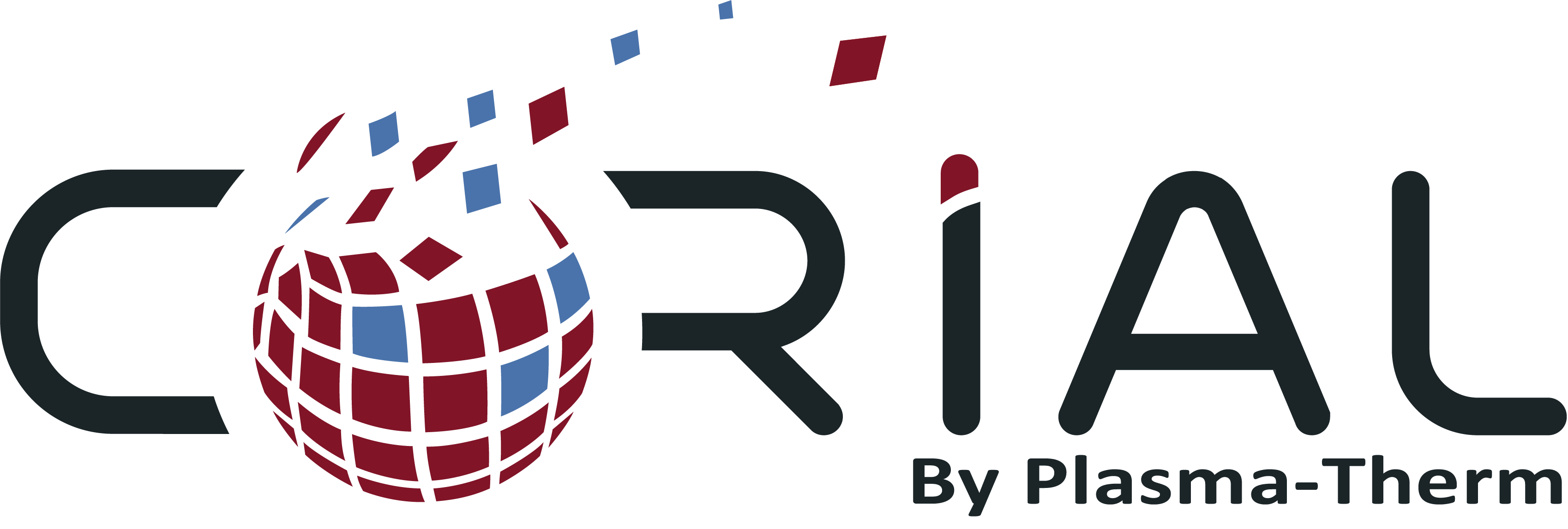Plasma etching and deposition tools are quickly becoming a de facto component of the modern R&D lifecycle for microelectronics, nanotech, semiconductors, and various other specialized equipment used across industries. As a result, plasma etching equipment is expected to achieve a compounded annual growth rate (CAGR) of 8% through 2025 — which is partially fueled by the massive growth of semiconductors and nanoelectronics.
Unfortunately, many companies select plasma etching and deposition equipment solely based on availability, price, or location during this rapid phase of growth. While those are certainly important considerations, they overshadow the greater need for a holistic, end-to-end partnership between you and your plasma equipment provider.
Building meaningful relationships with your equipment partner can help you maintain equipment, create robust support lines, and acquire hyper-customized equipment that fits your exact needs.
So, how do you find the right partner?
Understand Your Specific Needs
A small, research-oriented R&D unit does not need the same equipment as a fast-paced production environment. When it comes to plasma etch and deposition equipment, the necessity for customization goes well beyond business function.
The average plasma etching project requires a specific recipe that's often developed in conjunction with a plasma processing engineer (which will be afforded by your equipment partner). Your engineer has to calculate a recipe using precise operating conditions. Your equipment directly influences these conditions. You should carefully consider your needs before selecting an equipment partner. These needs include:
- Materials
- Temperature requirements
- Throughput (e.g., cassettes, automation, capacity, etc.)
- Project characteristics (e.g., etch rate, uniformity, flexibility, etc.)
It's important to understand that every plasma etching and deposition characteristic requires a tradeoff. For example, high selectivity comes at the cost of etch rate, and a higher etch rate creates greater temperature demands.
In other words, there is no "perfect" plasma equipment. Some manufacturers and equipment partners will try to oversell you on their equipment. There's a natural tradeoff that comes with plasma processing, and perfect parameters across all characteristics (e.g., etch rate, selectivity, temperature, flexibility, morphology, etc.) is impossible to provide.
Pay Attention to Service
Service is important. There's a reason that we tell 15 of our friends after a bad experience with a company; poor service interactions can make us angry, frustrated, and confused. Unfortunately, 44% of people admit they've received the wrong answer from customer service in the past. On capital-intensive equipment like plasma etching and deposition equipment, wrong answers have consequences. You need world-class service that caters to your specific needs.
We recommend considering the following service factors:
- Availability: You want 24/7 availability from anywhere in the world. Again, this is expensive and complicated equipment. When you need a problem fixed, you need it fixed now.
- On-site capabilities: Some manufactures provide support solely via the telephone. Consider a manufacturer that offers on-site contracts. When issues happen, technicians will be deployed on-site to tackle the issue directly.
- Escalation plans: Have you ever been bounced around from department-to-department and technician-to-technician during a customer service interaction? It's a waste of time and energy. Work with a company that has a clear path of escalation.
- Group support: Avoid companies with single-technician contracts. Plasma etching equipment may require mechanical engineers, technicians, software engineers, and process engineers. Agile, collaborative, and results-driven teams that combine all of these specialists’ expertise are critical components of plasma equipment service.
Reputation Can't Be Bought
The average company spends 7 to 8 percent of gross revenue on marketing. So, when we take an industry like capitol equipment, which produces millions in annual revenue, you'll likely see hundreds of thousands of dollars worth of marketing material. Also, since plasma etch equipment exists in a very niche space, those dollars will be spent on a select group of people. These marketing campaigns seek out to convince you that their equipment, service, and solutions are best-in-class. But you can't convince people of reputation. It's innate. You earn a reputation through years of hard work, customer satisfaction, and sustainable business practices.
We would consider reputation as the "starting point" for your equipment partner search. What is their history? Who are their partners? Have they won any awards? Figure out who your equipment partner is before you spend time figuring out whether their equipment is right for your needs. Chances are, a reputable partner will be capable of delivering equipment to-spec. So, reputation can guide your entire journey.
Are You Looking for the Right Plasma Etching and Deposition Equipment Partner?
As the need for plasma etching and deposition equipment rises across industries, many companies, universities, and researchers are looking to build meaningful partnerships with plasma equipment providers. But how do you find the right one? There are plenty of nuanced factors that go into choosing a partner in this niche industry from service to reputation and capabilities. To learn more about choosing the right partner, see our free eBook "How to Choose a Plasma Etching & Deposition Partner."






